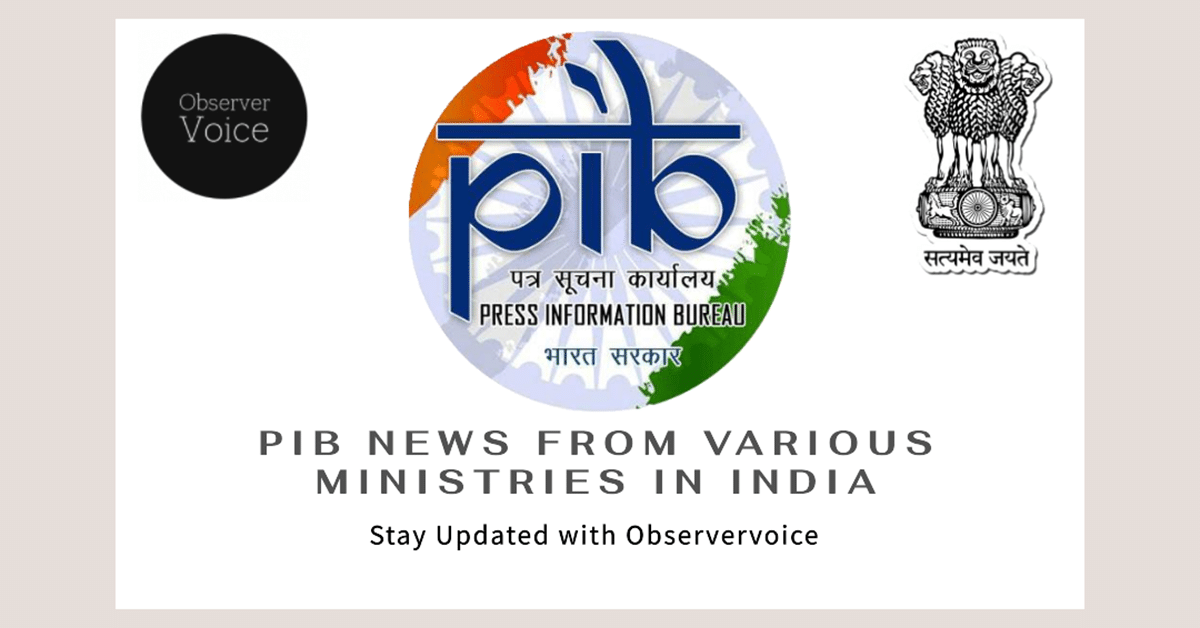Strengthening Cyber Crime Prevention in India

In recent years, cyber crimes have surged, posing significant challenges to law enforcement agencies across India. The rise of digital arrest scams, where criminals impersonate law enforcement officials to extort money, has raised alarms. To combat this growing threat, the Indian government has implemented a series of measures aimed at enhancing the capabilities of state and union territory law enforcement agencies. This article delves into the responsibilities of state agencies, the government’s initiatives, and the ongoing efforts to raise public awareness about cyber crimes.
The Role of State Agencies in Cyber Crime Prevention
According to the Constitution of India, police and public order are state subjects. This means that the responsibility for preventing, detecting, investigating, and prosecuting crimes, including cyber crimes, primarily falls on state and union territory law enforcement agencies (LEAs). The Central Government plays a supportive role by providing advisories and financial assistance to enhance the capabilities of these agencies.
The National Crime Records Bureau (NCRB) compiles and publishes statistical data on crimes in India. However, specific data on digital arrest scams is not maintained separately. This lack of detailed statistics makes it challenging to assess the full extent of the problem. To address this gap, the Central Government has taken proactive steps to strengthen the mechanisms for dealing with cyber crimes. These include the establishment of dedicated agencies and initiatives aimed at improving coordination and response to cyber threats.
Government Initiatives to Combat Cyber Crimes
To tackle the rising tide of cyber crimes, the Central Government has launched several initiatives. One of the most significant is the establishment of the Indian Cyber Crime Coordination Centre (I4C). This center serves as a hub for coordinating efforts to combat all types of cyber crimes across the country. It aims to provide a comprehensive approach to cyber crime prevention and response.
In addition to I4C, the government has initiated a widespread awareness campaign targeting digital arrest scams. This campaign utilizes various platforms, including newspaper advertisements, social media, and public announcements in metro stations. The goal is to educate the public about the dangers of cyber crimes and how to recognize potential scams. Furthermore, I4C has successfully identified and blocked over 1,700 Skype IDs and 59,000 WhatsApp accounts associated with digital arrest scams, demonstrating its commitment to proactive measures.
Public Awareness and Reporting Mechanisms
Public awareness is crucial in the fight against cyber crimes. The Central Government has implemented several strategies to inform citizens about the risks and preventive measures related to cyber crimes. This includes disseminating information through SMS, social media, and public campaigns. The government has also launched the National Cyber Crime Reporting Portal, which allows individuals to report incidents of cyber crime easily. This portal focuses on crimes against women and children, ensuring that vulnerable populations receive the necessary support.
Additionally, the Citizen Financial Cyber Fraud Reporting and Management System was introduced to facilitate immediate reporting of financial frauds. This system has proven effective, saving over ₹3,431 crore in funds through nearly 10 lakh complaints. A toll-free helpline number, 1930, has also been established to assist individuals in lodging online cyber complaints. These initiatives aim to empower citizens and encourage them to report cyber crimes promptly.
Observer Voice is the one stop site for National, International news, Sports, Editor’s Choice, Art/culture contents, Quotes and much more. We also cover historical contents. Historical contents includes World History, Indian History, and what happened today. The website also covers Entertainment across the India and World.

